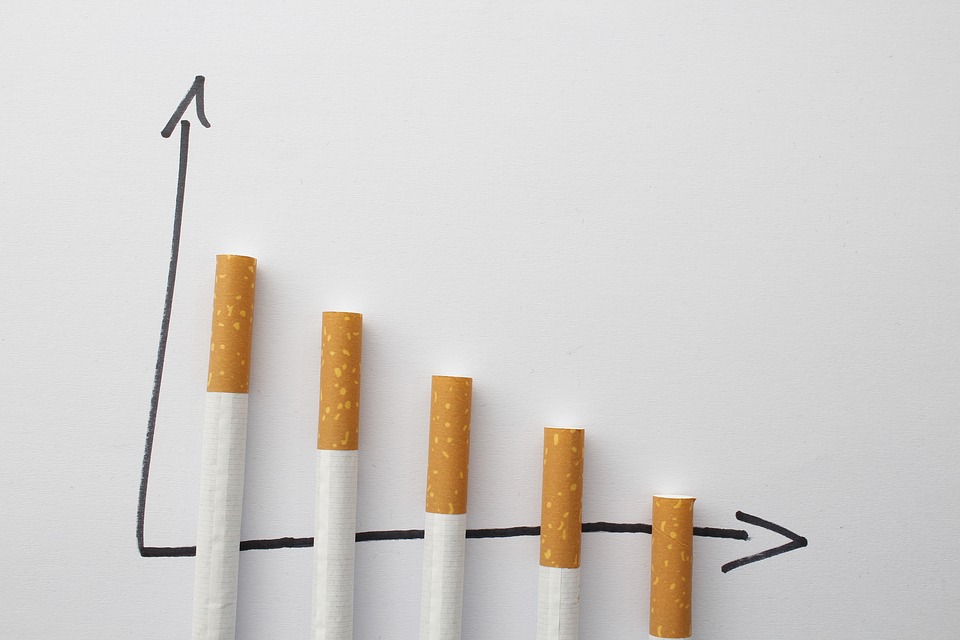When a member of our family falls seriously ill with a physical illness like cancer, it’s something that is hard to deal with – but not difficult to react to. We feel sad and scared, and we love the person as much or more than ever. Our feelings are strong, but rarely conflicted.
With mental illnesses like addiction, reacting properly can be much more difficult to do. While most of us now know that addiction is an illness just like cancer, some of us find it hard to shake old prejudices. Some of us are tempted to blame the addict or consider the addict weak. This is wrong, but understandable – because addiction is very difficult to understand.
An addict is not in control
The key to understanding addiction is to understand that, once addicted, an addict has no control over his or her addiction. They are addicted no matter what – no matter how many times they go to rehab, no matter how strong they are, and no matter how long they go without succumbing to that addiction. An addict is an addict for life. They can no more stop being addicted than a person can stop having untreatable cancer. Things can be done to battle the affliction, but the affliction will never go away.
It’s easier in some cases than others to understand how people can get hooked – most of us have had our share of alcohol, and plenty of us have tried gambling, but heroin is frightening to many of us. Regardless of what the addiction actually is, though, remember that different people have different thresholds for addiction. Some people in the world could not have had as many beers as you did in college without becoming an alcoholic. If you’ve tried a single cigarette, then you’ve had an amount of nicotine that would have some members of our population addicted for life. So try your best to avoid judging people for falling prey to addiction, and remember that once they were addicted, the situation was forever taken from their control. Those of us who have smoked a single cigarette or drank a few too many beers have not avoided addiction through any merit of our own, but through pure, simple luck.
Types of addiction
There are all sorts of addiction, but there are two general types: physical and psychological addictions. The two categories can overlap, of course, but a physical addiction is something that the body comes to depend on: nicotine, for instance, or alcohol. Quitting these things causes physical withdrawal symptoms. The body is being deprived of something that it has come to need.
Other types of dependencies are not physical. Marijuana is legal now in part because there is absolutely no evidence that it causes physical dependency. We need to eat, but overeating is, for the most part, not physically addictive in the traditional sense. Gambling, of course, is not something you ingest at all. And all of these things are safe to most of us!
Yet people can become addicted to each of these things – as well as to everything from chocolate to sex. The reality is that psychological addictions are every bit as real as physical ones.
If this is hard for you to understand, remember that, in a way, all addictions are physical – after all, your brain is an organ and your happiness, emotions, and thoughts all have physical aspects. This may help you better relate to someone who is addicted to something like gambling: to their brain, the difference between a flood of happiness triggered by gambling and one triggered by heroin’s effect on dopamine receptors is irrelevant.
How to support an addicted loved one
Once you see your loved one as a victim of a disease, you may find it at least a little easier to forgive them for some of their past actions. This isn’t an overnight process, but as time goes on, try to see their past mistakes as symptoms of a disease – and try to see both yourself and your loved ones as victims of that disease, rather than seeing yourself as a victim and your loved one as a transgressor.
It’s not your job to treat your loved one, any more than it would be your job to treat a gravely injured or sick relative. While it helps to know a little “first aid,” your loved one belongs with a professional. If they’re not already in a treatment program, urge them to head to a rehab center like Beachway Therapy Center (these treatments are often covered in whole or in part by health insurance policies). A psychologist or psychiatrist who specializes in addiction is another option, as is a twelve-step program or other group program for addicts that share your loved one’s disease. An effective treatment plan may include two or more of these options – for instance, rehab followed by both therapy and membership in a twelve-step program.
You can’t make your loved one’s journey for him or her, but you can be as supportive and understanding as possible while they battle their addiction. Arm yourself with understanding and then speak with a professional about how you can best aid your loved one. Whether tough love or unconditional support is in order will depend on your situation and the advice of the professional, but remember that in every case, the firmest foundation you can have is a full understanding of addiction and the ways in which it turns your loved one into a victim.
































No Comments
Leave a comment Cancel